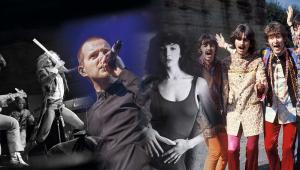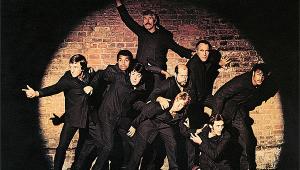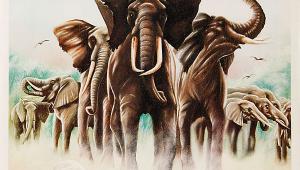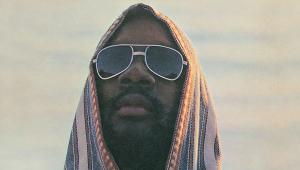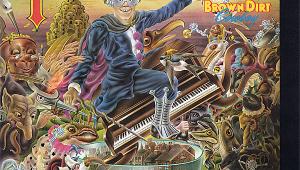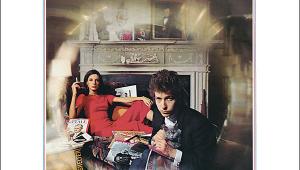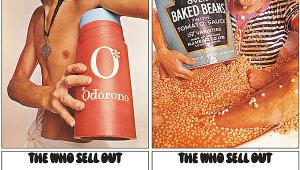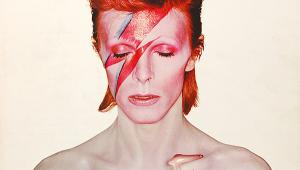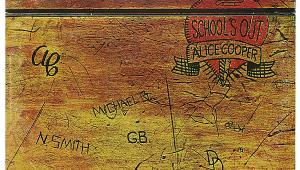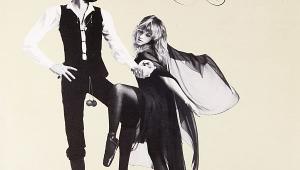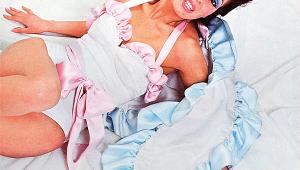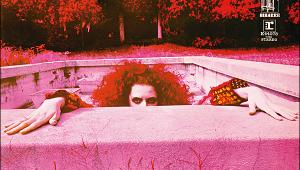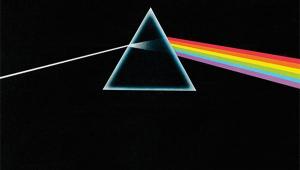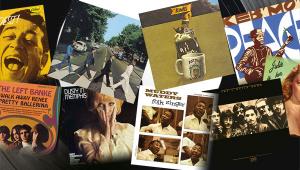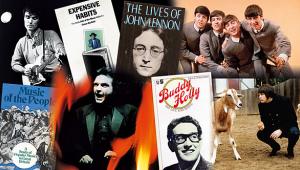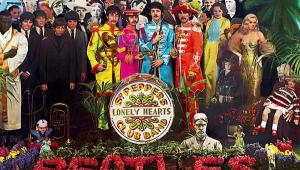Under the covers... Captain Fantastic Becoming Fantastic
While the covers of Elton's first two albums featured portrait shots (the first a drawing of one), 1970's Tumbleweed Connection was more adventurous, evoking the album's rural Americana sound with a photograph of Elton sat on a railway platform that looks for all the world like it could be in East Texas. In fact it is in East Sussex, at Sheffield Park station on the Bluebell railway line.
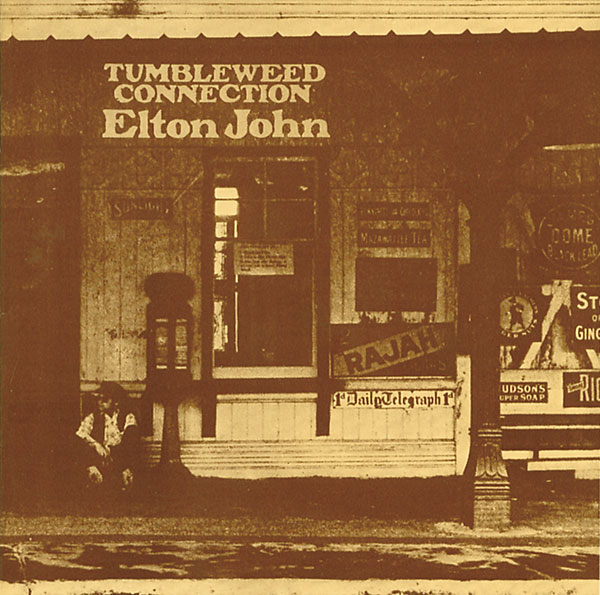
Elton hadn't yet embraced the glam rock look, though, and the following year's Madman Across The Water seemed to almost shy away from any acknowledgement of Elton's visual image with a cover featuring only the album title, while inside we found only portrait photos and lyrics.
The cover portrait for Honky Chateau (1972) was actually taken nearly two years earlier, in a Los Angeles hotel room before Elton made the first of a breakthrough residency of US shows at LA's Troubadour. But it was a throwback to a more serious singer-songwriter look, in contrast to what was by then his OTT stage image.
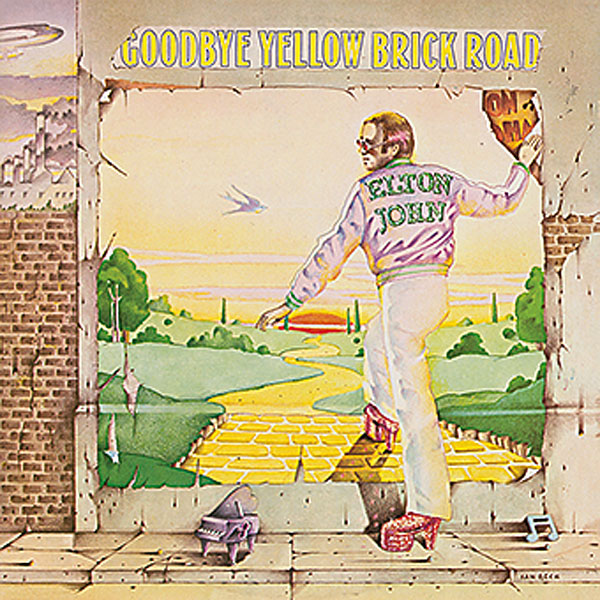
A more imaginative approach was adopted for the same year's Don't Shoot Me, I'm Only The Piano Player, with the album announced on the marquee above the box office of a mock theatre. But it was Elton's 1973 album Goodbye Yellow Brick Road that saw him step up a level, to match the career-best contents. The gatefold double LP housed illustrations for every song as well as the central image of Elton stepping into a picture on the wall of a Wizard Of Oz-like fantasy world.
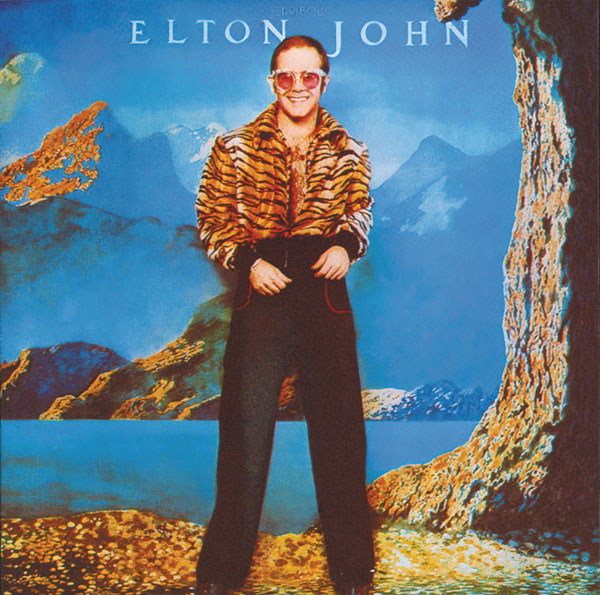
By the time Caribou came out in 1974, Elton was one of rock's biggest names, and the photo of him on the sleeve of the album saw him clad in a leopard skin jacket zipped open to the waist. However, the sexy medallion-man look was somewhat undermined by those Christopher Biggins-style glasses. Glam at C&A, anyone?
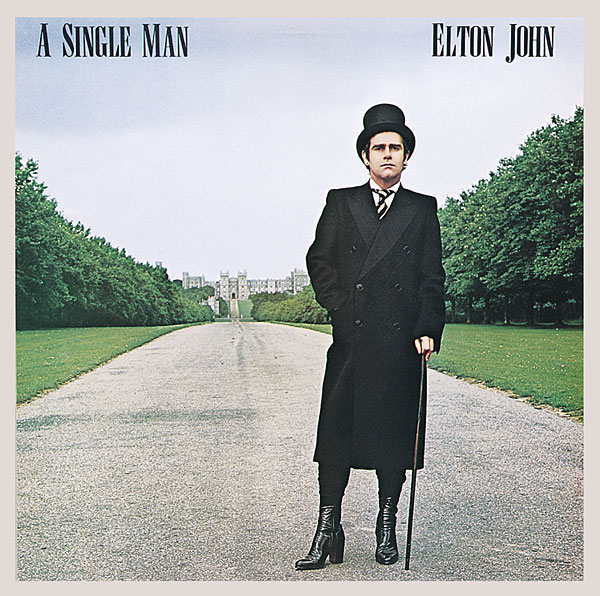
After Captain Fantastic, arguably the singer's most memorable look was on 1978's A Single Man, which depicts Elton as lord of the manor, albeit with a hint of the correctional facility emanating from his leather boots. The glasses had gone for the first time, and an era Elton had played a big part in defining had ended. But a half-century-long career was still, in fact, in its infancy.
